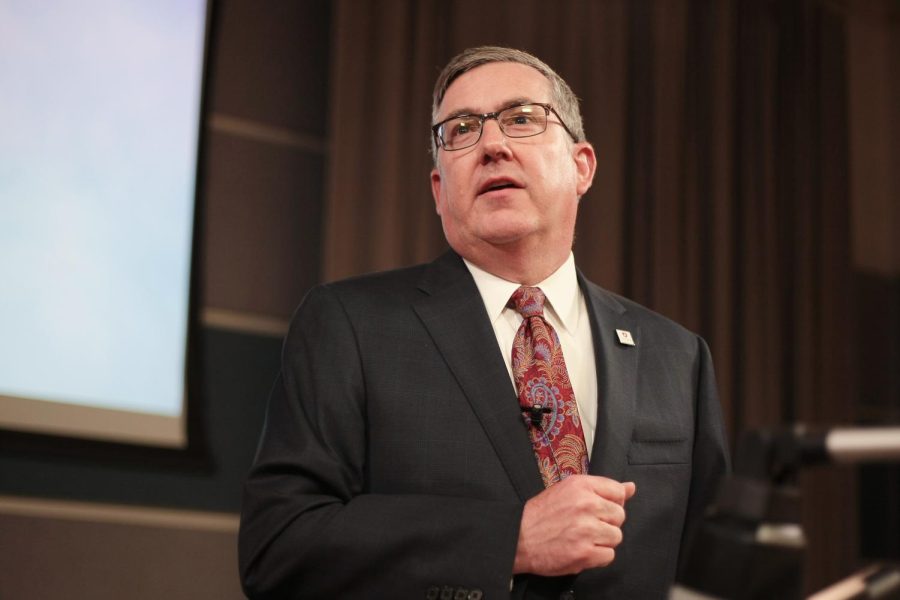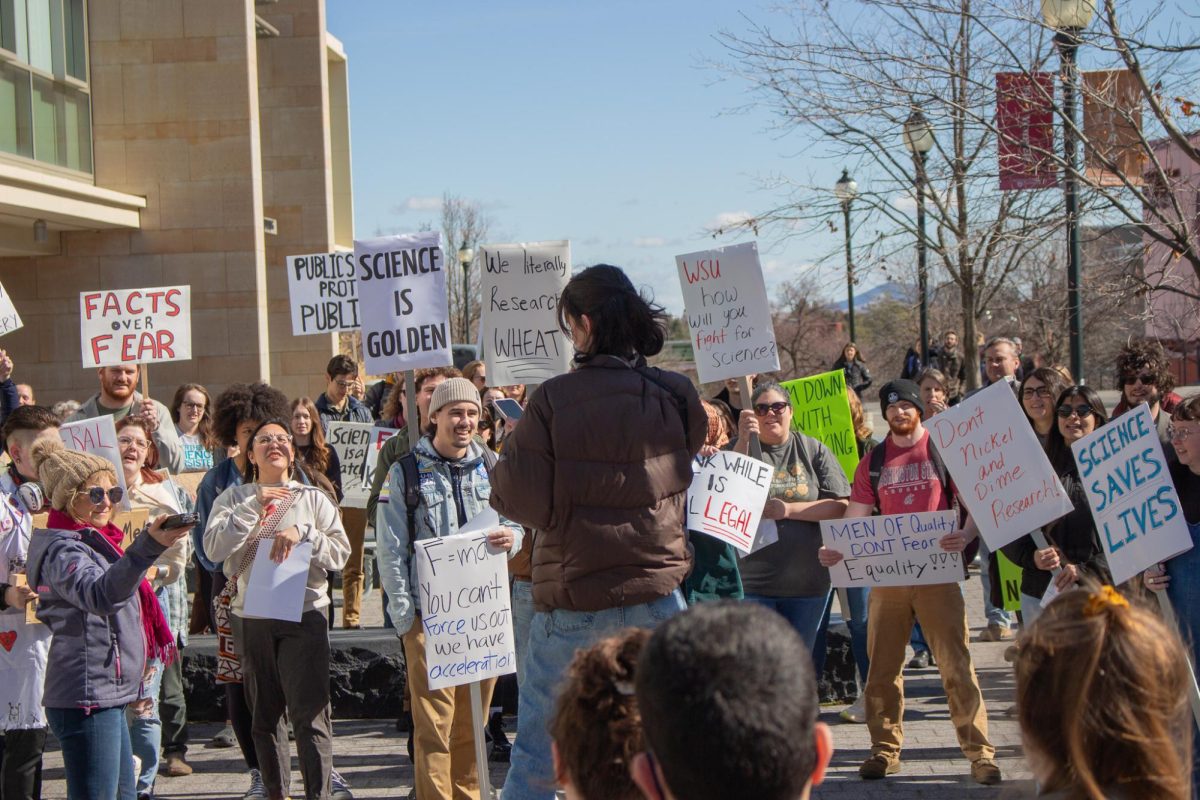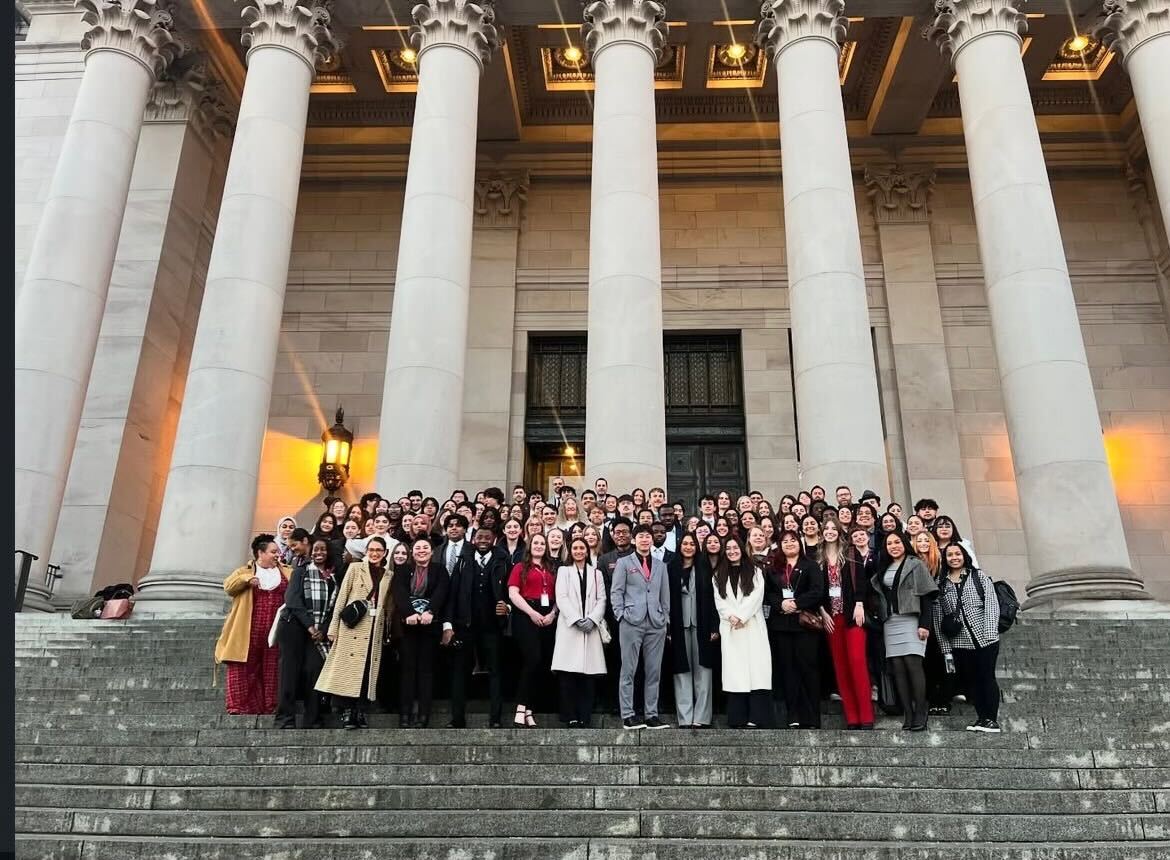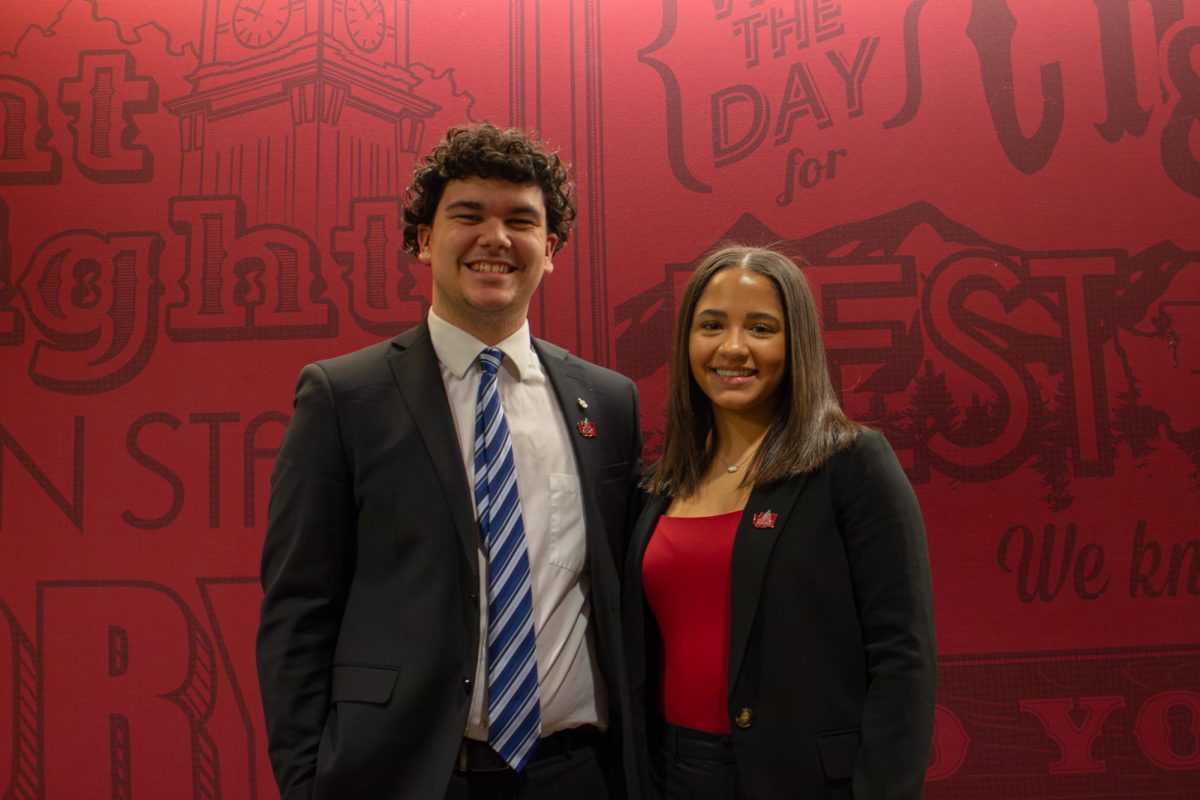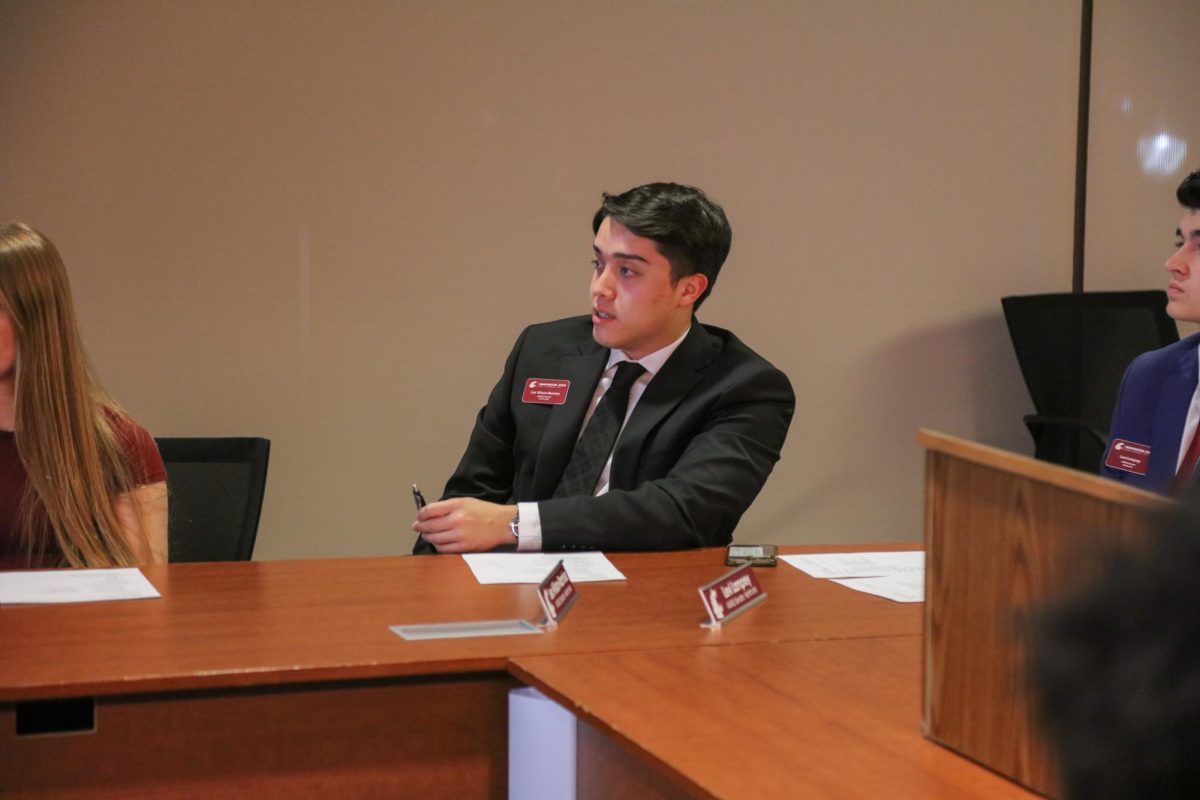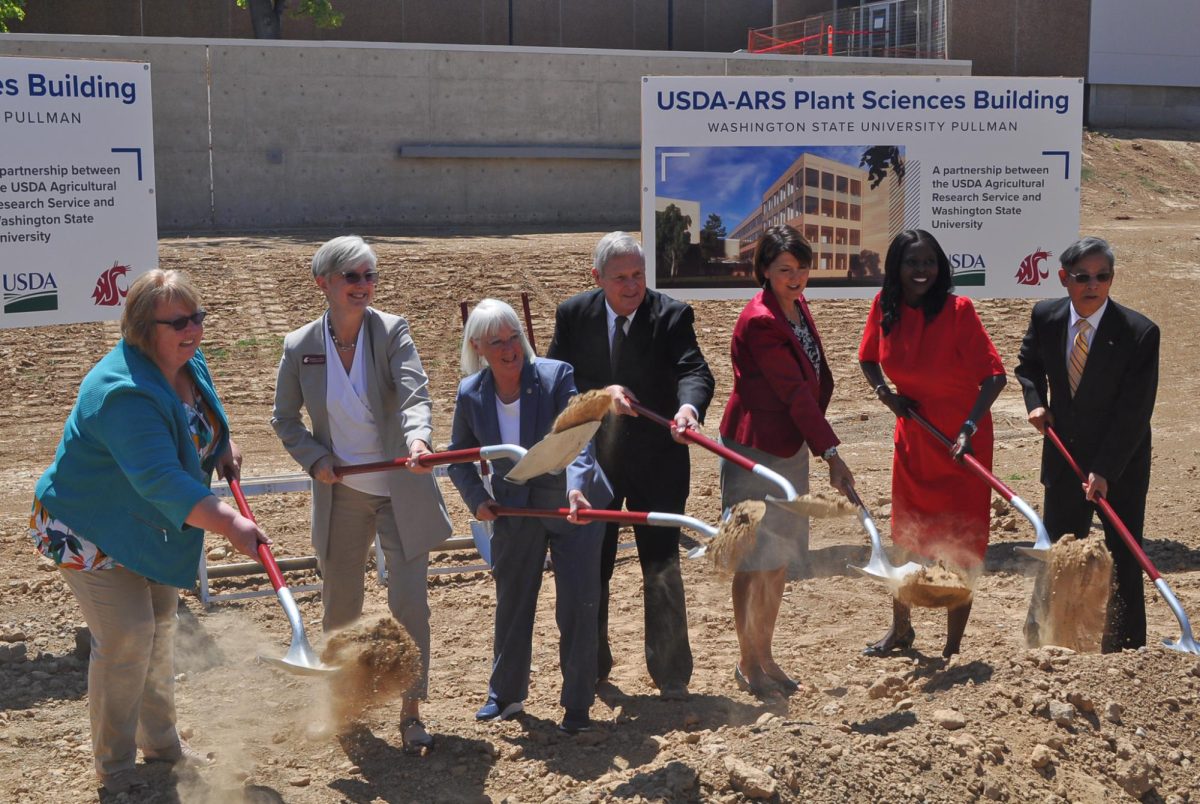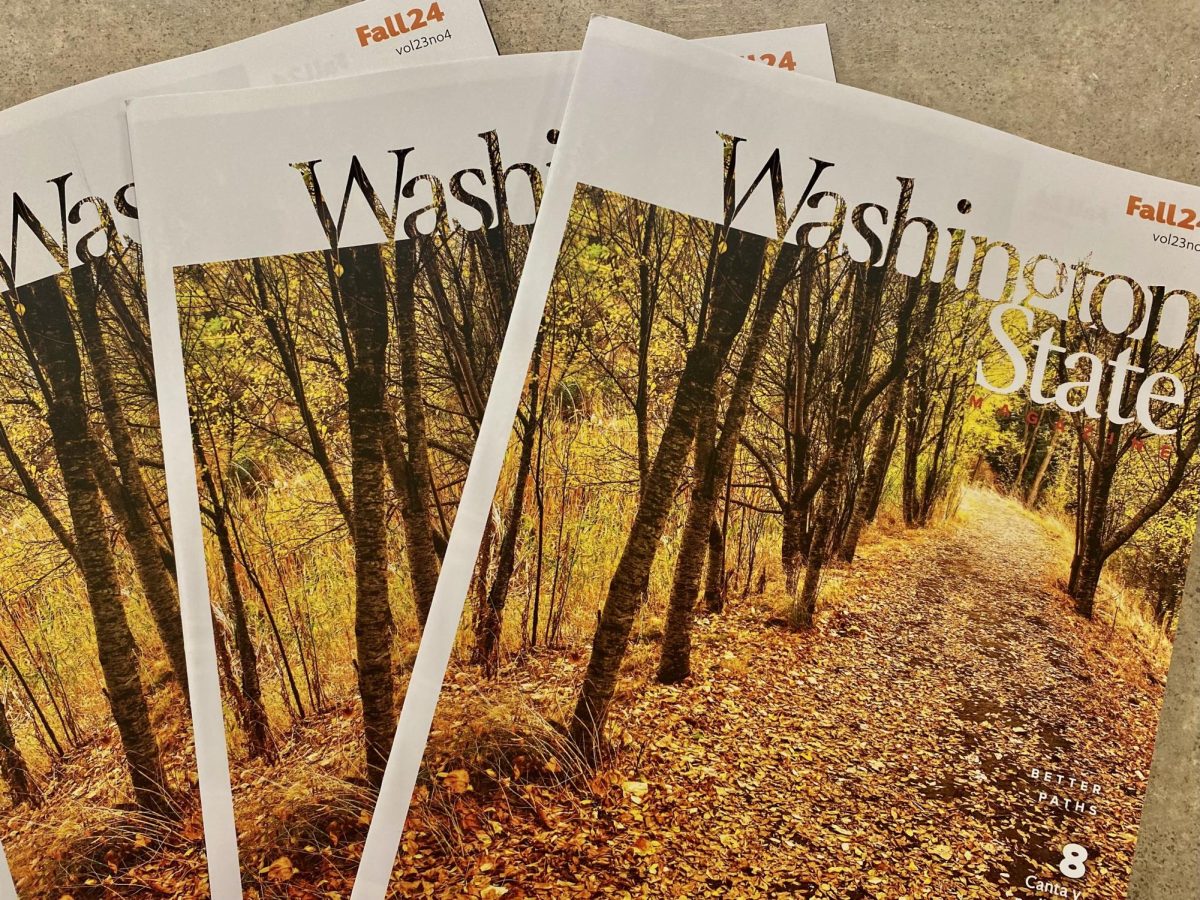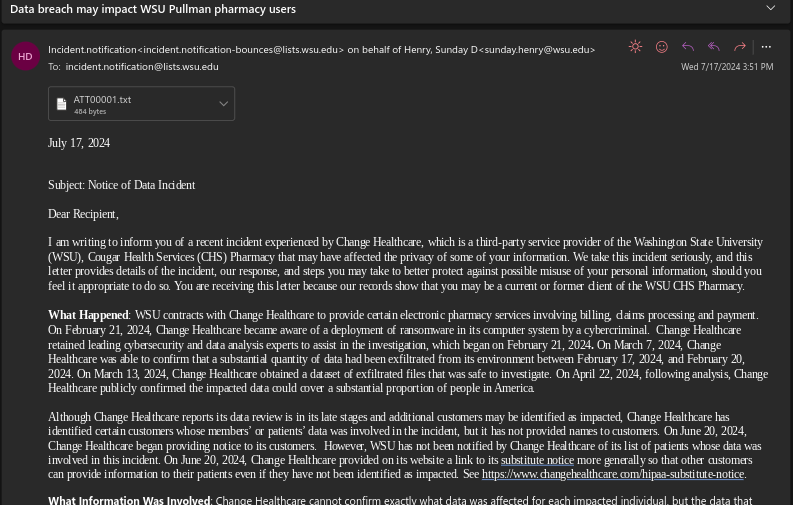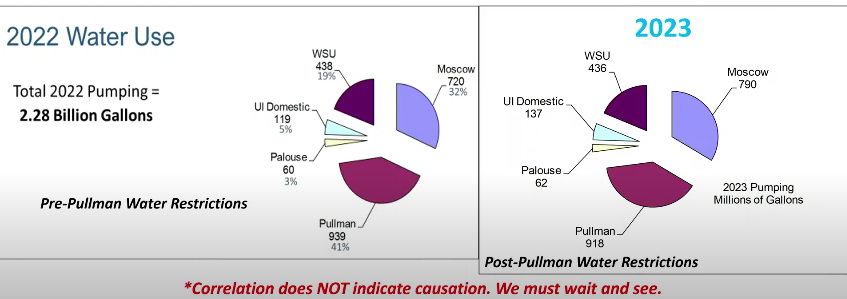The Board of Regents put out a statement in support of President Kirk Schulz following the letter from faculty calling for new leadership.
The Board, which oversees the WSU system and to whom President Schulz reports, had initially received reports of concern regarding WSU leadership from faculty in April 2023, said Board Chair Lisa Keohokalole Schauer.
This call for new leadership began with discussions among concerned faculty members, said Michael Griswold, school of m0lecular sciences regents professor. Griswold is also one of the media representatives for faculty members that submitted the February 21 press release.
While faculty members felt that President Schulz was responsive during their meeting, other members of the administration were not, Griswold said. Following a report written by the faculty regarding the meeting that was then sent to the Board, faculty members were told to conduct further discussion with Chancellor Elizabeth Chilton.
Following the faculty’s press release, Schauer flew to Pullman on Thursday, February 29, to meet with faculty members regarding their most recent concerns, she said.
As the Board maintains its confidence in President Schulz, WSU faculty hopes that concrete work will be done by the current administration to address the faculty’s concerns, Griswold said.
“If it happens that the issues are addressed, and we go on the right track with the current group of administrators, that would be fine, but I think that counting on the people who got us into this problem to solve the problem is not very realistic,” he said.
This follows the faculty’s concerns regarding the decisions that have been made by WSU’s current leaders that are outlined in their press release, Griswold said. One such decision that the faculty feels it has been excluded from was President Schulz’s Drive to 25.
“Those of us who have been around, the notion of that was to put us in one of the top 25 research universities in the country and we knew that was difficult, if not impossible. But, it was put out there and it was aspirational … And then it was dropped without any consultation [and] without any notice,” he said.
One reason why WSU has not seen as much of an increase in rankings as other schools is that WSU is not as selective as other schools, said Phil Weiler, vice president of marketing and communications.
“One of the things that US News rankings in particular looks at is how selective is that university, meaning they get 10,000 applications but they only accept 2,000 – that’s a highly selective university,” he said. “WSU, by definition, is not selective in that same way.”
Another concern of the faculty is conflicting data surrounding WSU’s enrollment, Griswold said.
“We’re down 5,000 in enrollment from our peak, that’s $50 million a year that the university doesn’t get,” he said. “The administration is saying, well, all universities are failing. It’s not true – we have 13 peer institutions that were chosen and not one of those is losing on enrollment and we’re the only four-year school in the state of Washington that’s losing enrollment, so that’s not an excuse for what’s happening.”
Concerning WSU’s enrollment rates, the Board remains optimistic and says it is an area that consistently has the Board’s focus.
“There’s a lot of data out there about enrollment. What I’m proud of is the 6.5% [increase in] enrollment that we have seen for first-year students, and that is an early indicator that the actions that we’re taking are working,” she said. “It’s not solving all of it, but we’ve got to start with making sure we get folks here as freshmen, and we want to keep them all four years and beyond, so that tells me that we’re doing some things right.”
Despite this, WSU faculty raises concerns about overall enrollment as well as how enrollment was able to increase, Griswold said.
“Again, this is a way of obfuscating the final data. If you look at the freshman class, the freshman class [in terms of enrollment] is up, but overall enrollment is way down,” he said. “The way they got the freshman class enrollment up is they reached further down into the grade point average that high school students had, and the chances are, those students aren’t going to be here very long if they can’t handle the academics.”
In terms of concrete action they would like to see from the administration, WSU faculty hopes for improvements to be made in the Office of Research, Griswold said.
“Right now it’s a large bureaucracy that needs to be pared down, and it needs to have sufficient resources to help research at the university,” he said. “In the academic area, the most immediate thing is we’re getting in a search for a provost, and that provost needs to be given the authority to make academic decisions at WSU [and] it needs to be interacting with the deans.”
Following this, WSU faculty says that all they can do is trust WSU leadership to improve, Griswold said. While there will be changes in WSU’s leadership, current efforts made by the Board to hear the faculty’s concerns are in line with the faculty’s wishes. All of these concerns are born out of love for WSU.
“Those of us who started this list of concerns, we’re all longtime faculty members here. We’ve been through several administrations and we’re here because we love the place,” he said.


